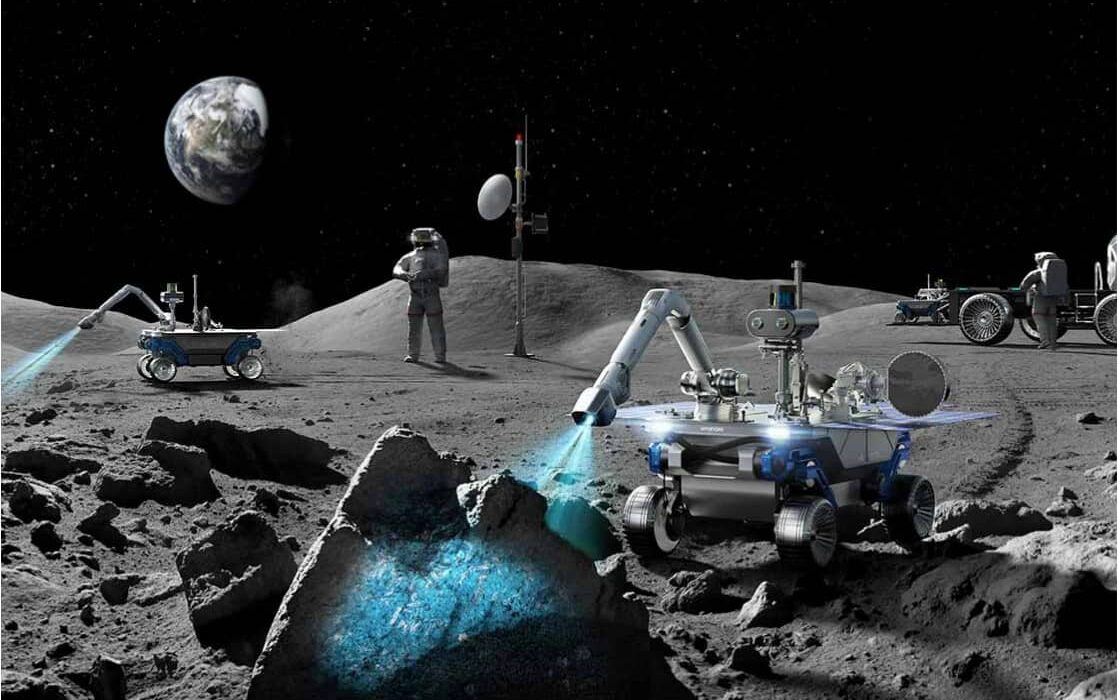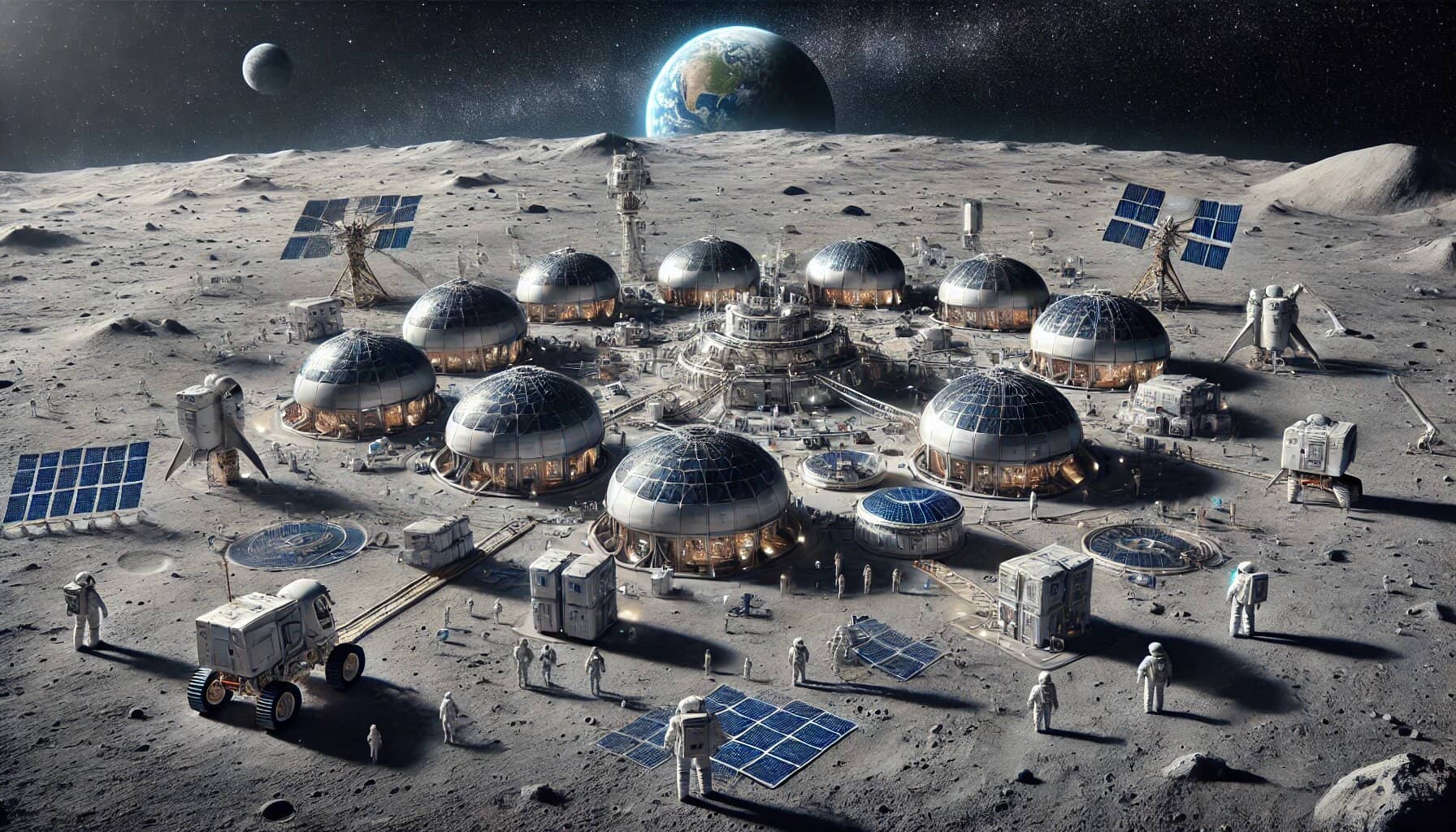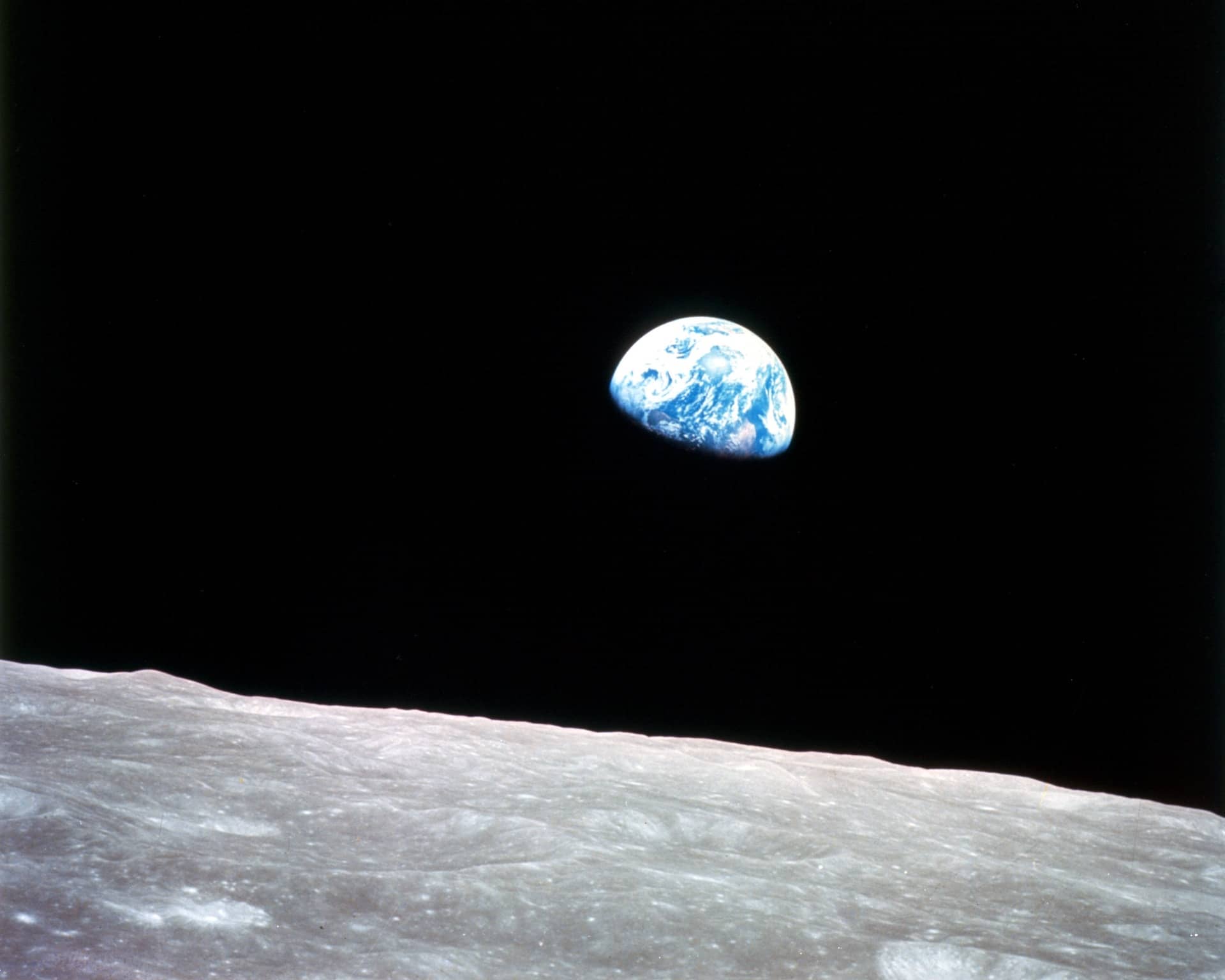Leading South Korean automaker Hyundai Motor Group recently declared its entry into the space exploration sector. The business disclosed its plans to produce a lunar exploration rover in partnership with a number of Korean research institutions.
The ambitious project intends to develop a flexible mobility platform with cutting-edge autonomous driving, solar charging, thermal management, and radiation shielding technologies that can handle a variety of cargoes. The maximum weight of the equipment that the rover can support on top of it is 70 kg.
After the development model is finished and tested in an environment resembling the lunar surface, the organization hopes to build a rover with launch capabilities in 2027. In the vicinity of the moon’s south pole, the rover will conduct a number of scientific missions to examine the lunar surface for resources and provide assistance for human exploration.
“The creation of the lunar exploration mobility development model reflects our goal and our ambition to achieve tangible results in the face of significant challenges. With the rover’s development, we are moving beyond land, sea, and air mobility to expand into space mobility,” said Yong Wha Kim of Hyundai Motor and Kia.
Through robots, artificial intelligence, and autonomous driving technologies, Hyundai Motor Group has a long-term ambition of extending the human reach and offering several creative mobility solutions. The partnership with Korean aerospace research centers is a crucial step toward realizing its Metamobility vision.
The consultative body anticipates that once the lower portion of the rover is created, it will serve as a platform for mobility, supporting an upper portion that will house a range of cutting-edge technology for digging, excavation, and human exploration of the lunar surface for resources.
For the South Korean aerospace industry, the introduction of Hyundai Motor Group into the space exploration market is a significant step that creates new opportunities for innovation and technological growth. The company’s experience with autonomous driving technologies and mobility solutions will surely help the lunar exploration rover project succeed and open the door for more advanced space exploration projects in the future.





